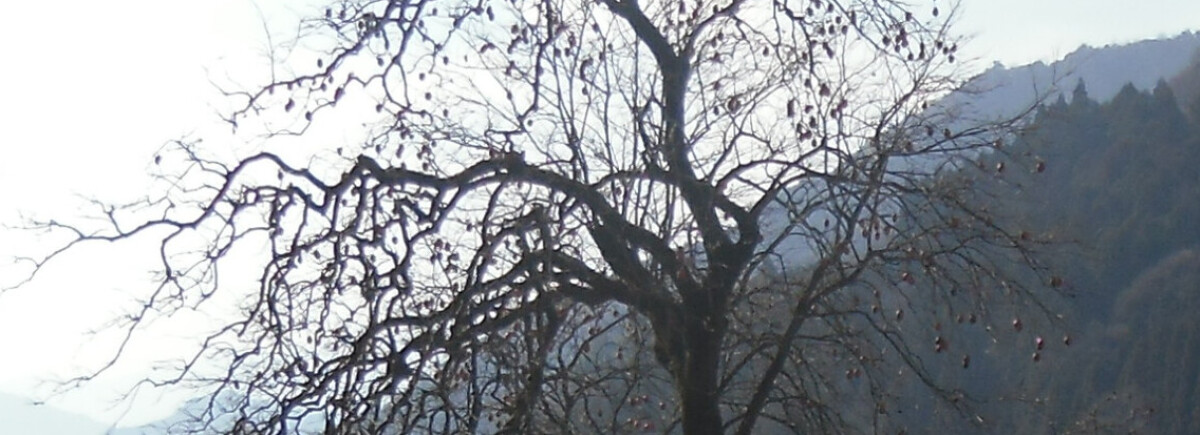Haiti's Curse, Galeano shows
Haiti's Curse: Black or White? French and Gringo?
On the first day of his year[2004], freedom in this world turned 200. But no one noticed, or almost no one. A few days later, the country where this birth occurred, Haiti, found itself in the media spotlight, not for the anniversary of universal freedom but for the ouster of President Aristide.
Haiti was the first country to abolish slavery. However, the most widely read encyclopedias and almost all educational textbooks attribute this honorable deed to England. It is true that one fine day the empire that had been the champion in the slave trade changed its mind about it. But abolition in Britain took place in 1807, three years after the Haitian revolution, and it was so unconvincing that in 1832 Britain had to ban slavery again.
There is nothing new about this slight of Haiti. For two centuries it has suffered scorn and punishment. Thomas Jefferson, a slave owner and champion of liberty at the same time, warned that Haiti had created a bad example and argued it was necessary to "confine the plague to the island." His country heeded him. It was sixty years before the U.S. granted diplomatic recognition to this freest of nations. Meanwhile in Brazil disorder and violence came to be called "Haitianism." Slave owners there were saved from this fury until 1888 when Brazil abolished slavery-the last country in the world to do so.
...
To reinstate slavery in Haiti, France sent more than fifty shiploads of soldiers. The country's blacks rose up and defeated France and won national independence and freedom for the slaves. In 1804, they inherited a land that had been razed to grow sugarcane and a land consumed by the conflagrations of a fierce civil war. And they inherited "the French debt." France made Haiti pay dearly for the humiliation it inflicted on Napoleon Bonaparte. The newly born nation had to commit to pay a gigantic indemnification for the damage it had caused in winning its freedom. This expiation of the sin of freedom would cost Haiti 150 million gold francs.
The new country was born with a rope wrapped tightly around its neck: the equivalent of $21.7 billion in today's dollars, or forty-four times Haiti's current yearly budget.
In exchange for this fortune, France officially recognized the new nation. No other countries did so. Haiti was born condemned to solitude.
Not even Simon Bolivar recognized Haiti, though he owed it everything. In 1816, it was Haiti that furnished Bolivar with boats, arms, and soldiers when he showed up on the island defeated and asking for shelter and help.
Haiti gave him everything with only one condition: that he free the slaves-an idea that had not occurred to him until then. The great man triumphed in his war of independence and showed his gratitude by sending a sword as a gift to Port-au-Prince. Of recognition he made no mention.
In 1915, the Marines landed in Haiti. They stayed nineteen years. The first thing they did was occupy the customs house and . duty collection facilities. The occupying army suspended the salary of the Haitian president until he agreed to sign off on the liquidation of the Bank of the Nation, which became a branch of City Bank of New York. The president and other blacks were barred entry into the private hotels, restaurants, and clubs of the foreign occupying power. The occupiers didn't dare reestablish slavery, but they did impose forced labor for the building of public works. And they killed a lot of people. It wasn't easy to quell the fires of resistance.
...
Aristide, the rebel priest, became president in 1991. He lasted a few months before the U.S. government helped to oust him, brought him to the United States, subjected him to Washington's treatment, and then sent him back a few years later, in the arms of Marines, to resume his post. Then once again, in 2004, the U.S. helped to remove him from power, and yet again there was killing. And yet again the Marines came back, as they always seem to, like the flu.
But the international experts are far more destructive than invading troops. Placed under strict orders from the World Bank and the International Monetary Fund, Haiti obeyed every instruction, without cheating. The government paid what it was told to even if it meant there would be neither bread nor salt. Its credit was frozen despite the fact that the state had been dismantled and the subsidies and tariffs that had protected national production had been eliminated. Rice farmers, once the majority, soon became beggars or boat people. Many have ended in the depths of the Caribbean, and more are following them to the bottom, only these shipwreck victims aren't Cuban so their plight never makes the papers.
Today Haiti imports its rice from the United States, where international experts, who are rather distracted people, forgot to prohibit tariffs and subsidies to protect national production.
On the border between Haiti and the Dominican Republic, there is a large sign that reads: Road to Ruin.
Down that road, everyone is a sculptor. Haitians have the habit of collecting tin cans and scrap metal that they cut and shape and hammer with old-world mastery, creating marvels that are sold in the street markets.
Haiti is a country that has been thrown away, as an eternal punishment of its dignity. There it lies, like scrap metal. It awaits the hands of its people.
The White Curse [Haiti] by Eduardo Galeano
